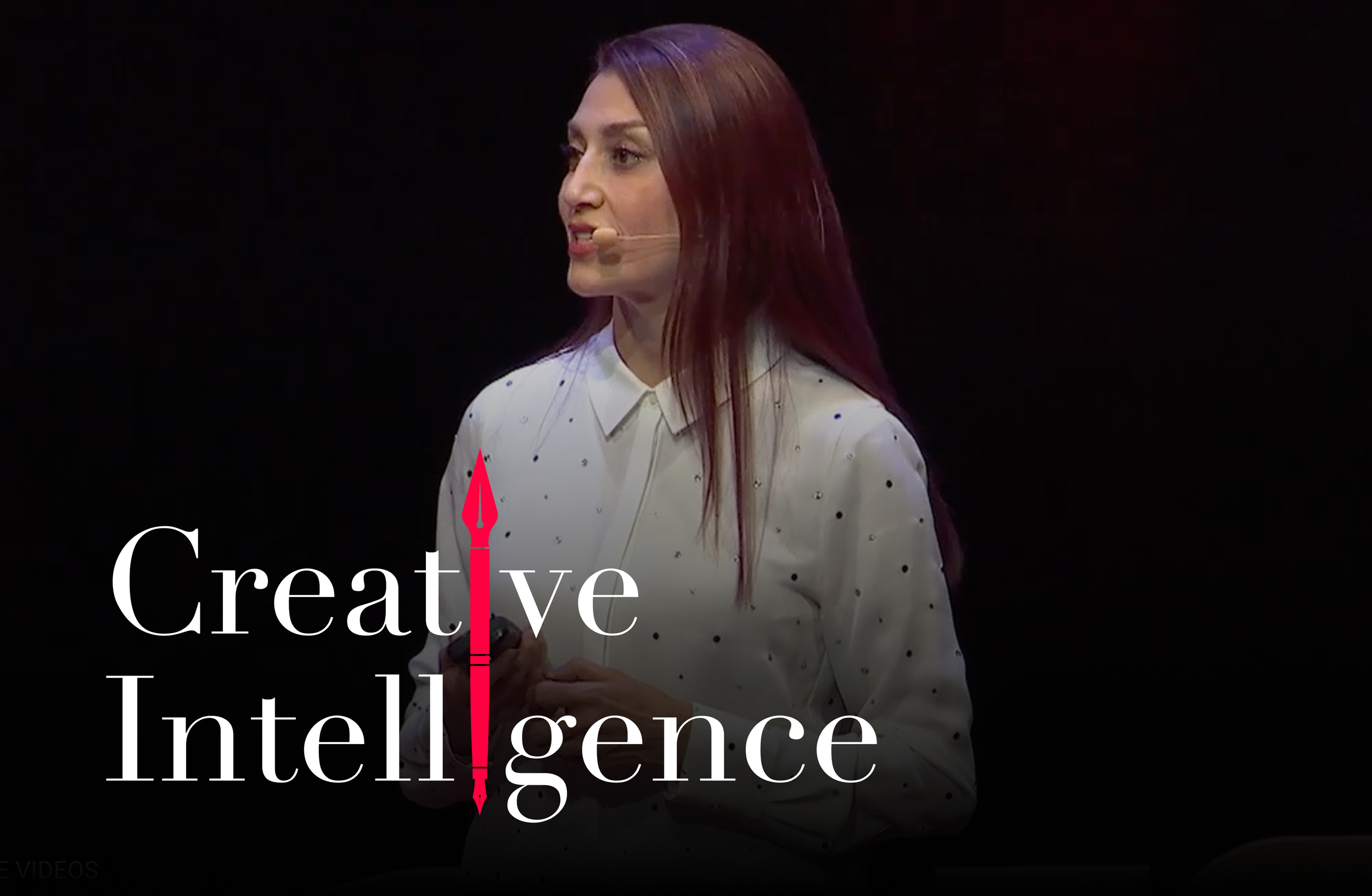Blog
I want you to stand out
If you’ve built an IKEA shelf, planned a birthday party, picked the best route to work, chosen wall paint, or stretched your dollars, you’ve practiced creativity…
Creativity is your superpower
Being fully human has become the most valuable quality of all…




